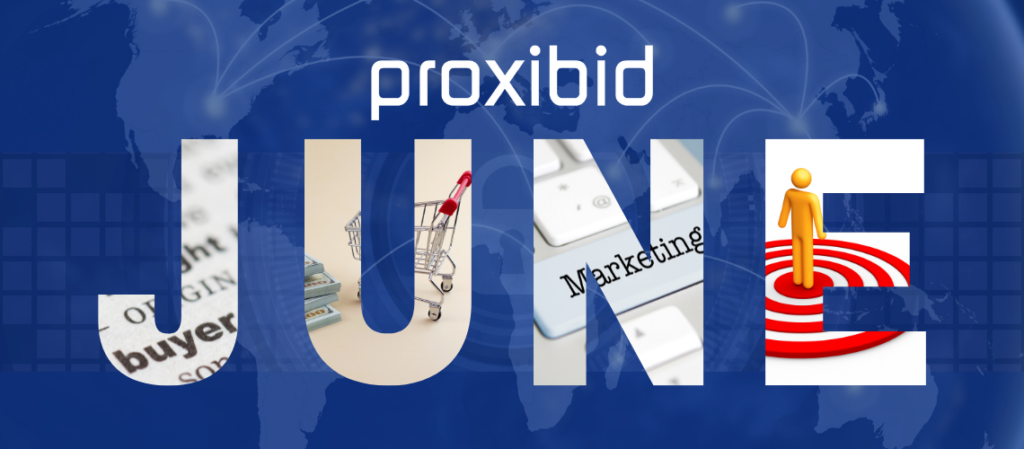
We are committed to serving auctioneers as a trusted digital partner. We invest heavily in the industry because we know that combining the right auctioneer technology and marketing toolkit with the most trusted online buying environment for bidders, enables auctioneers to maximize asset value and run successful online businesses.
This is the third email in a series of marketing guides to support auctioneers on everyday marketing needs and best practices.
If you have any questions or would like us to cover a certain topic, please feel free to send a note to your account manager and we will try to include it in a forthcoming guide.
What is a “buyer persona”?
In the last couple of newsletters, we talked about the User Interface (UI) and the User Experience (UX) which focus on having a deep understanding of users, what they need, what they value, how they shop, their abilities, their limitations, and their satisfaction to ensure we find the ideal buyer for every auction. However, we can’t just find the ideal buyer once and then market all asset categories to them on every auction. Each asset category will have its own targeted buyer. Every auction will require a smart strategy to ensure the ideal buyer is identified and reached. To have a deep understanding of the ideal buyer or the “who”, we need to start with the right demographics such as age, gender, education, career, occupation, location, and income.
A “buyer persona” is the profile of a bidder which defines your target buyer for each specific asset category; this profile is a detailed description of your ideal bidder who will convert into a buyer.
Utilizing a “buyer persona” will provide information around your prospective bidders. It will reveal insights about your buyer’s decisions and helps you understand and empathize with your bidders so that you can easily acquire them as buyers. A “buyer persona” is typically configured based on real data about your existing buyers and market research.
How do you compile this information?
- After each auction sends a survey to your buyers and asks specific questions about their experience.
- If you don’t already have the proper demographics in each buyer profile, then also compile those details as part of the survey. i.e., age, gender, occupation, location, etc.
- Talk to your buyers at checkout, ask questions that will help you identify their experience. Find out the reason why they bought from you.
- Use analytics tools to understand your buyer’s behavior such as; their purchase history; frequency of their purchases; how they utilize your assets and what led them to you.
- Use social media to understand your buyer’s interests and define their problems, their hobbies, their goals, and the type of content they watch and read.
Once you are aware of these details, then it becomes easy to define your “buyer persona” and find the right bidders for every auction.
To avoid spending too much time sorting through what you will end up collecting from each survey or conversation, it’s important to follow a format so you can compile similar results and build an accurate “buyer persona”. Ask your questions with multiple choice answers to help guide the responses you need to build your “buyer persona”.
i.e., What do you use the purchased assets for? a) Business b) Personal c) Resell
If you don’t receive too much enthusiasm from your buyers to fill out a survey, you may want to consider a small credit for their participation towards purchases on your next auction. That will (i) encourage them to keep participating in your auctions, and (ii) motivate them to answer the questions in your survey.
Understanding your “buyer persona” will also help you make marketing, advertising, and sales strategy decisions on:
- What advertising messages should be used?
- Which marketing channels will be most effective?
- And most importantly, how much budget to allocate for advertising and marketing each auction?
Make sure you keep up with these series of emails! If you miss one, reach out to your account manager and they will be delighted to share.
Still to come…
- Where should I market my auction?
- When do I need to notify bidders about my auction?
- Why should they choose me?
- How easy is it for them to find me?